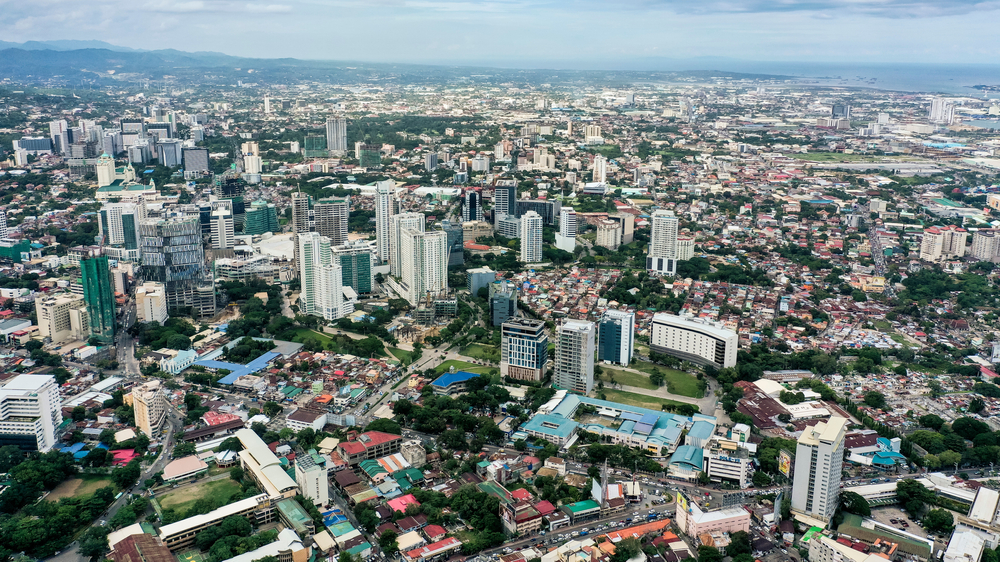Business districts outside the Philippines’ capital help drive recovery
Leading developers have been heavily investing in areas such as Cebu, Laguna, Pampanga, and Davao

According to BusinessWorld, emerging business districts outside Philippines’ capital are expected to help drive post-pandemic growth of the real estate market, said analysts from real estate services firms.
Claro Cordero Jr., head of research, consulting, and advisory services at Cushman & Wakefield said that the increasing demand for outsourcing office space, high-end residences, and e-commerce warehouse space has sprung up during the coronavirus pandemic.
Key government infrastructure projects have also led to some growth in areas outside Metro Manila’s financial hubs.
“We’ve seen the completion of these new infrastructure developments… they are all supportive of the growth of property values in areas outside of Makati and BGC (Bonifacio Global City). That also will enhance urban renewal in other areas that have low potential for development,” said Cordero.
Major developers have been putting down “a considerable amount of investment” in areas like Laguna, Cebu, Pampanga, and Davao.
“But there’s still a lot of work to do, not just in the bridges and all those road networks. I think what is important also now — and as we take note of best practices from other global cities — public transport is one area which we think still needs a lot of thinking and a lot of focus from the government,” he added. “That will not only benefit the middle class and the upper income strata, but also more importantly, the workforce. And if you have a workforce that is fairly mobile from one point to another in the city, then you drive economic activity.”
Last year, the government and an outsourcing industry group noted 25 “digital cities” to focus on encouraging outsourcing development.
Phillip Añonuevo, Leechiu Property Consultants executive director for commercial leasing, mentioned the outsourcing sector’s office space demand last year as the country fought against the pandemic.
He said that outsourcing firms occupied office spaces in the rural areas due to their availability in economic zones. Demand from outside provinces accounted for 43 percent of outsourcing take-up in the country for the first time last year.
More: Desaru Coast of Malaysia offers prime real estate investment opportunities
Morgan McGilvray, senior director of occupier services at Santos Knight Frank, mentioned that growing demand in outsourcing is concentrated on remote work, with companies uncertain to lease more office spaces until all workers are allowed back on site.
“When companies become confident in using their offices then I think it will go back to close to those 2019 levels,” said Añonuevo.
Companies may start planning new investments towards the third quarter, Añonuevo said, noting that such plans depend on the vaccine rollout.
Recommended
Why everyone is moving to Selangor and Johor: Malaysia’s real estate comeback
Malaysia’s upturn in fortunes is especially prevalent in secondary destinations such as Selangor and Johor
Penang’s silicon boom: How the US-China tech war is supercharging local real estate
Penang’s booming semiconductor industry has created ripples within the local real estate sector
New leader, new opportunities: How Hun Manet is shaking up Cambodia’s real estate game
Hun Manet is overseeing decent economic growth and widening access to the country’s real estate market for foreigners
Singapore embraces inclusive housing reforms amid resilient demand
The Lion City’s regulatory strength continues to exert appeal for international investors








